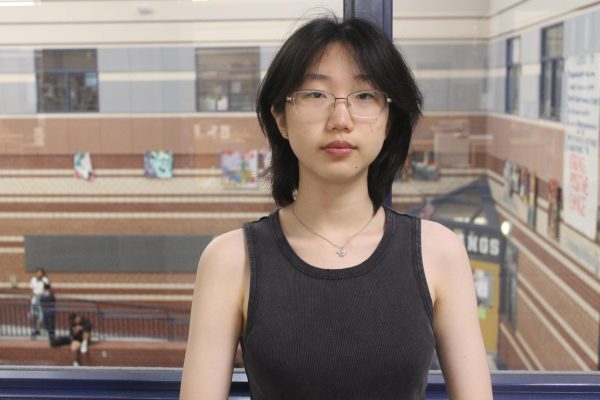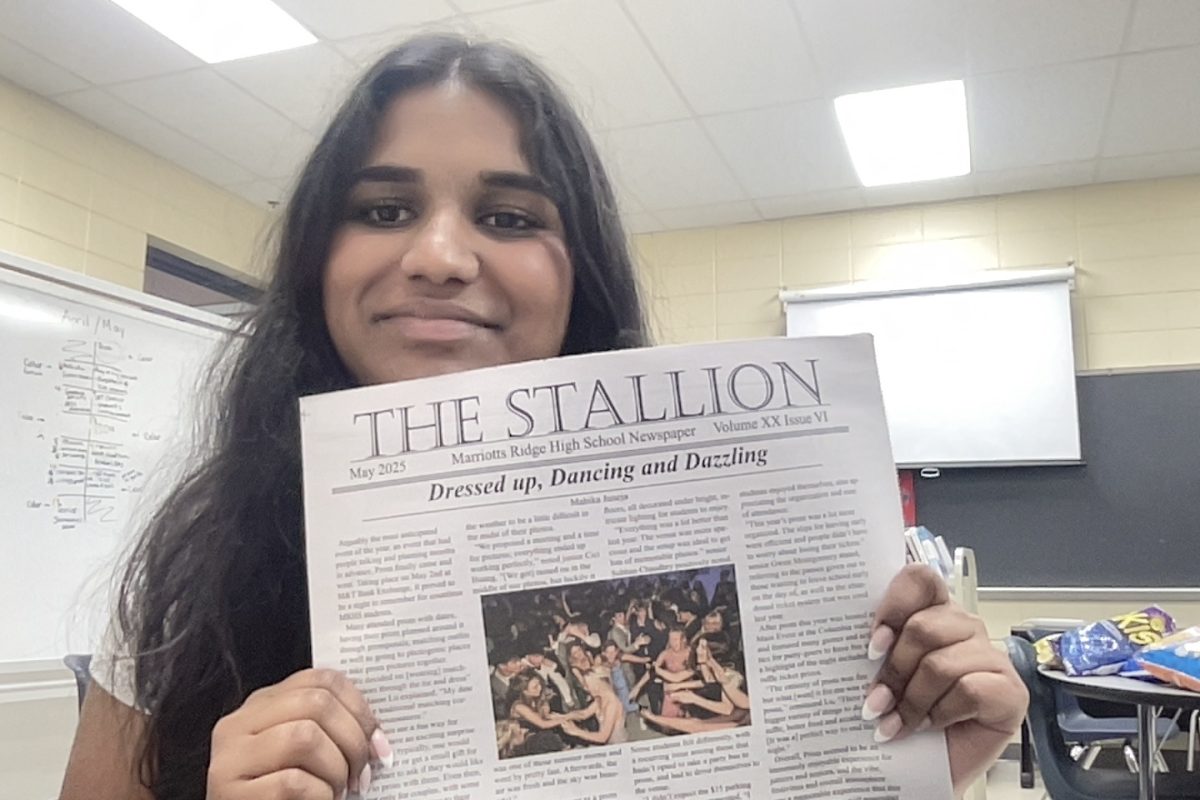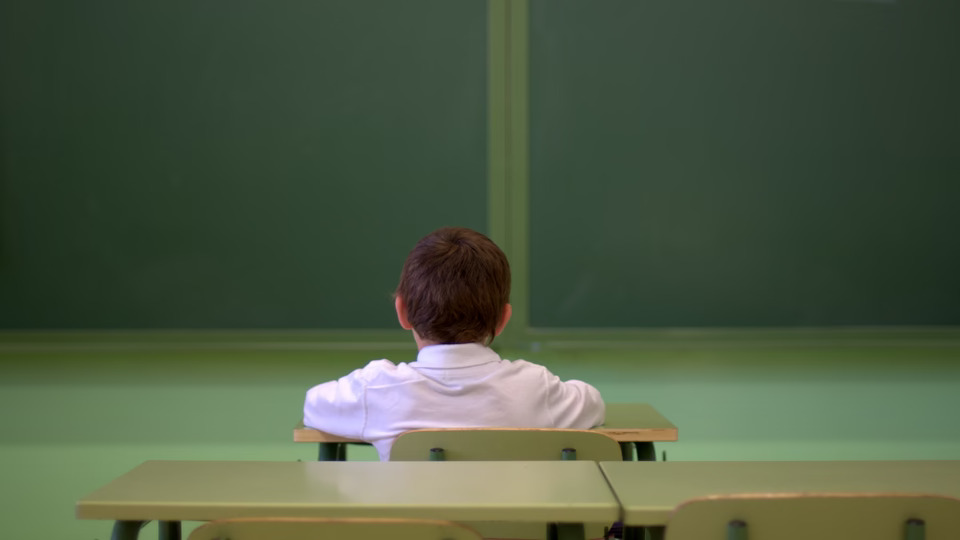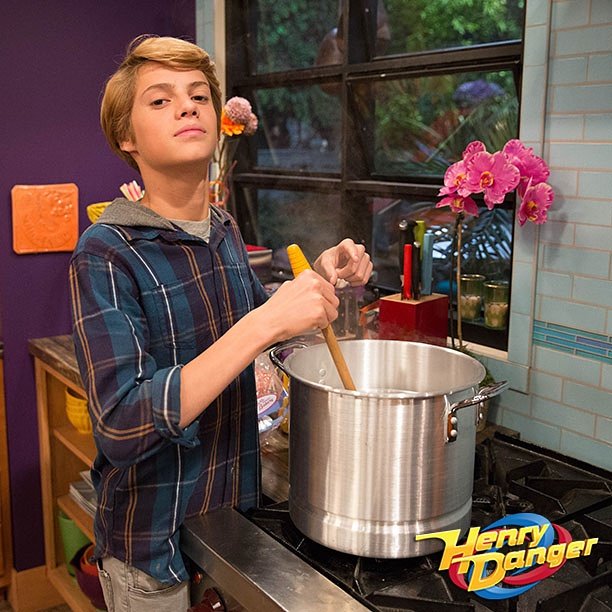Through the late 1900’s, the US gradually worked on developing computers, and finally on January 1, 1983, computers finally had access to global communication. Over the decades, content creation overtook society. However, with the advent of AI and bot accounts, people on social media who used to enjoy fresh, authentic content must now experience this new, dead internet.
The Dead Internet Theory is a conspiracy theory that discusses how the internet is purposefully being filled and overtaken by robots and auto generated content to subdue society’s individualism. As bots have been around for a while, and newly advanced AI is becoming commonplace, students, even though they may not completely buy into the conspiracy aspect, agree that bots have become more prominent on social media in recent years.
“Probably 60%-70% of comments are repeated or generally bot-like,” said sophomore Teller Anthony Austapovitch.
Outside of content farming, bots can also comment to boost certain opinions or reviews. For students who are trying to enjoy a short or find honest reviews, it’s come to a point where they have to question if it is fake.
“I see a lot of bot-like content or comments. You scroll, and you see something that you want to know about what other people are saying in the comments. But it’s all the same things said over and over,” said sophomore Sady Perry.
For them, this often ruins their experience on social media,
“Other than personal reasons, the rise in bot accounts pushed me to leave social media. I used to have an instagram account. I posted a few photos and added some friends. Then I kept on getting messages and followed by bot accounts that post similar content. It got to a point where it was annoying and I didn’t have enough people to keep me on the platform,” shared Austapovitch.
Along with auto generated or extremely low effort content, generated ads fit among this group that contributes to the dying internet. And while it can be seen as a harmless nuisance, there can be some actual consequences.
“Generated ads have gotten so much more frustrating and annoying. They make me upset, especially because I have older family members who fall for them all the time,” explained Austapovitch.
While the younger generations who witnessed the evolution of bots are able to distinguish between the real and the fake, older generations may not be as accustomed and can fall for scams. Unreliable or fraudulent websites, while not being able to afford much in online presentation previously, now can use bots and generation to fabricate themselves as the real deal, targeting people through social media platforms.
Other than risks of financial extortions that a rise in bots on social media can cause, authenticity is also reported to be decreasing.
“I come across copied or AI generated posts pretty often. I keep seeing videos that are the same but with small variations. It’s the same kind of thing where there’s a weird video in the background and there’s this weird font going ‘i’ve invented a new slang guys.’ Or fitness videos that all say one thing but then there’s other videos going ‘DON’T do that. That will be so BAD for you.’ Then there’s videos going ‘don’t eat fruits, don’t eat vegetables, actually don’t eat anything’ and it’s weird,” said senior Gwen Montgomery.
Social media culture revolves around trends, sticking with mainstream and gaining the most attention, only magnifying the need to use generated content and bot accounts. Whilst there are many who continue to aspire to create great things, it’s a real pattern that students have noticed.
Nowadays, social media may resemble more of a copied and generated digital wasteland. But while it is something that definitely cannot be stopped, that does not mean it will end in the worst way possible. When making an effort to filter through lifeless media, one can find the still beating heart of the internet, and continue to experience in passion filled, interesting, human interactions online.
Categories:
Dead Internet Theory
More to Discover
About the Contributor

Esther Kim, Editor
I’m Esther Kim, a senior. This is my third year here in journalism but also my first year as an editor. Some hobbies I indulge in are reading, writing, drawing, listening to music, and watching movies. Zoya and I create comics for the school newspaper.








